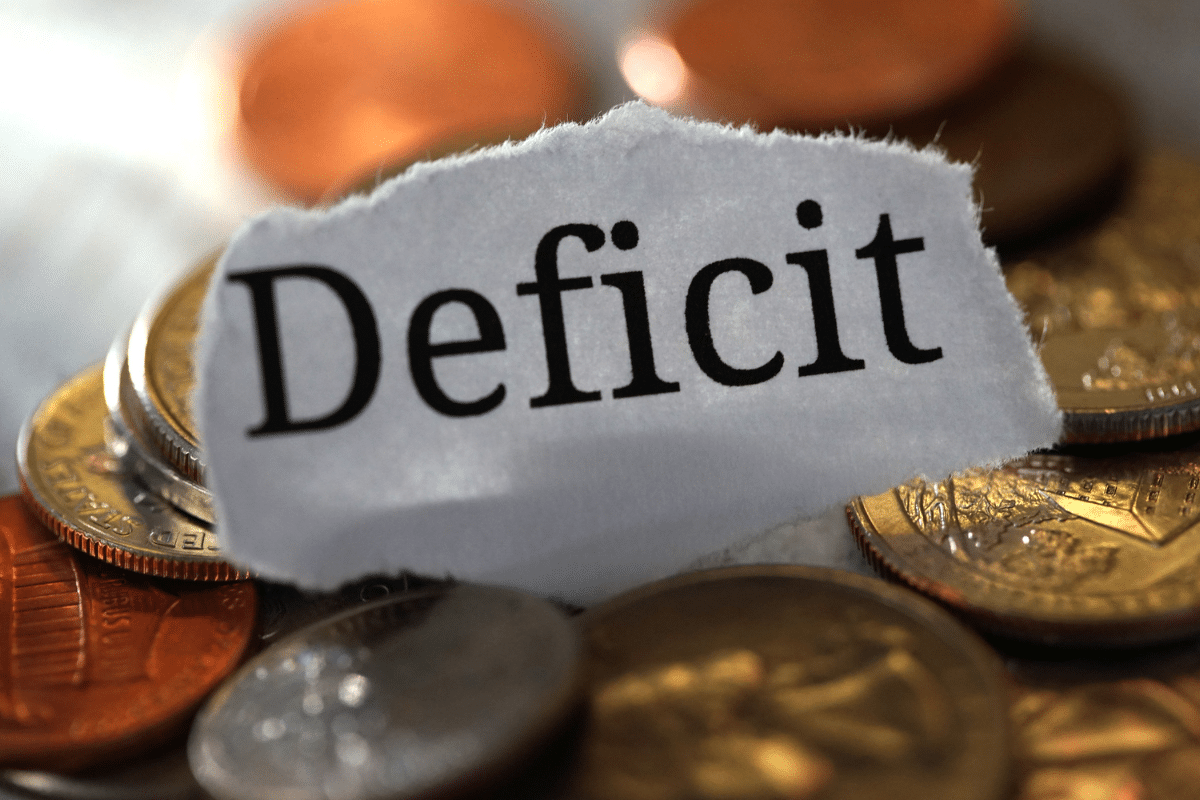A rental is considered to be “professionally furnished” (“Location meublée professionnelle”) if it includes sufficient furniture for a tenant to live comfortably in it. When the tenant takes possession of the property, he or she does not, in principle, need to add any new items for the entire duration of the lease.
The furniture provided by the landlord must meet the requirements of everyday life, described in article 25-4 of the French Civil code (Code civil) defines:
“Furnished accommodation as decent housing equipped with furniture in sufficient number and quality to enable the tenant to sleep, eat and live suitably with regard to the requirements of everyday life.
The decree of July 31, 2015, set the list of furniture items that must be included in rented accommodation at a minimum:
bedding including a comforter or blanket, a device for blocking out windows in rooms intended to be used as bedrooms, cooking hobs, oven or microwave, refrigerator and freezer (or at least a freezer), crockery and cutlery for meals, kitchen utensils, table and seating, storage shelves, light fittings, cleaning equipment adapted to the characteristics of the dwelling”.
Furnished professional rental differs from unfurnished professional rental, also known as “bare rental”, which allows the lessor to rent a property without furniture. In the latter case, it’s up to the tenant to furnish the accommodation themselves and empty it when they leave.
- Tax planning:
While the purchase price of the rental property is not a tax-deductible expense in itself, it can be amortized over the actual period of ownership,2% to 3% of the purchase price can be deducted from rental income each year.
A capital gains exemption may also be considered, provided that rental income is less than €90,000 per year over the two years preceding the sale, and only for any active rental activity carried out for more than five years. Above this threshold, the lessor can take advantage of a partial exemption of up to 126.000 EUR.
People who qualify for this type of rental status are those who meet two conditions. On the one hand, total income from rental activities must exceed 23.000 EUR per year. This sum considers all rents, including charges and taxes. It is calculated for the calendar year and for a single tax household.
On the other hand, the income generated by this rental activity must exceed the amounts earned through other activities. For example, the rents received must exceed any salaries or other industrial and commercial profits.
In short, furnished rental is considered a professional activity as long as it generates a certain income and is carried out on a regular basis.
- Professional and non-professional furnished rental: what are the differences?
The main difference between a professional and a non-professional lessor lies in the income generated by the rental activity. If the rental income received by the tax household is less than 23.000 EUR a year, the lessor is not considered to be a professional. The same applies if rental income is lower than income from other sources, such as salaries.
This difference affects tax regimes. Income from a non-professional furnished rental business must be declared under the income tax or micro-BIC regime. In other words, a non-professional furnished rental are not subject to the corporation tax.
Finally, some professionals do not fall into the category of professional furnished-rental operators. These are those whose activity does not solely involve the rental of furnished property. They include, for example, hotel activities such as bed and breakfast. These establishments also provide other services, such as cleaning, meal service, reception.
- Advantages:
There are many advantages to being a professional furnished landlord. These include the security provided by signing a 9-year commercial lease with a property manager. The operator will manage your property and pay you the rent, whether your property is rented out.
Another significant advantage is that depreciation of the property means that income from this activity can be tax-free: the deduction of deficits from overall income means that other income deducted from the taxpayer’s household can be tax-free.
a) Expense deduction and depreciation: tax relief:
If the expenses to be deducted are greater than the rental income, a deficit arises. This deficit can be carried forward to the next ten years’ rental income, with no limit on the amount. If this deficit exists, you cannot depreciate. Depreciation is then stored for an unlimited period. In other words, you start by deducting as many expenses as possible to reduce your tax base.
Meanwhile, you keep the depreciation. Once the deficit linked to the expenses has been absorbed, you amortize them. This system allows you to reduce your rental income for years. In some cases, these same rental revenues can legally escape taxation for twenty to twenty-five years. A great way to build up a tax-free income over the long term.
b) Carrying forward previous losses:
If your income is less than the amount of your deductible expenses, including interest on loans but excluding depreciation of the property, the deficit can be deducted from your overall income for 6 years, whereas in the case of non-professional activities, the deficit can only be deducted from income in the same category.
c) The special case of real estate capital gains:
In the event of the sale of a property, any capital gains are taxed as business capital gains. This can be an advantage or disadvantage, depending on your situation. Note that under this particular rental status, a gift or the death of the owner is considered a transfer, in the same way as a sale. In the most common case, if you’ve been running your furnished-rental business for more than 5 years, you’ll benefit from a total tax exemption on the amount of capital gains realized, if your revenues are less than 90,000 EUR.
- Disadvantages:
The disadvantages of this type of rental status are linked to the strict conditions for obtaining it. Minimum rental income must exceed 23.000 EUR per year, and the taxpayer’s share of household income must be at least 50%.
Where applicable, professional furnished rental status can be lost during the first 3 years. The direct consequence of this is the loss of the ability to offset losses incurred prior to the purchase of the property. A lack of tenants can have major repercussions on retaining the status. A lack of rental income could make it difficult to meet the thresholds imposed by the professional furnished rental status.
More changes of tenants therefore mean if you manage your property alone, more time to plan to take care of tenant searches and entry and exit inventories. Inventories which will also take longer to carry out given that it will be necessary to take an inventory of all the furniture.
If management is delegated, this generally results in more costs. But the risk is also to have more rental vacancies with more frequent rent-free latency periods between 2 tenants, which will ultimately impact the rental yield.
On the other hand, renting a furnished property also requires planning for maintenance, or even regular renewal, of furniture and equipment. Costs to take into account therefore, but also more presence necessary in the event of a breakdown on this or that device.
Finally, who says furnished, says additional initial investment, a few thousand euros to add to the acquisition price.
These few negative points should not dissuade you from trying furnished rentals, which today remain one of the most profitable types of real estate investment. You will always be able to return to empty rental after a few months or a few years if this rental method does not suit you.
Bibliography:
- https://entreprendre.service-public.fr/vosdroits/F32805
- https://www.impots.gouv.fr/particulier/les-locations-meublees
- https://www.bouygues-immobilier.com/investir-dans-le-neuf/les-dispositifs-dinvestissement-dans-le-neuf/lmnp/fiscalite-lmp-les-avantages-fiscaux-du-loueur-en-meuble-professionnel
- https://www.pap.fr/bailleur/choisir-investissement/qu-est-ce-que-le-statut-lmp/a23574
- https://www.gererseul.com/les-sujets-fiscaux-et-legaux/loueur-en-meuble-professionnel-lmp/










